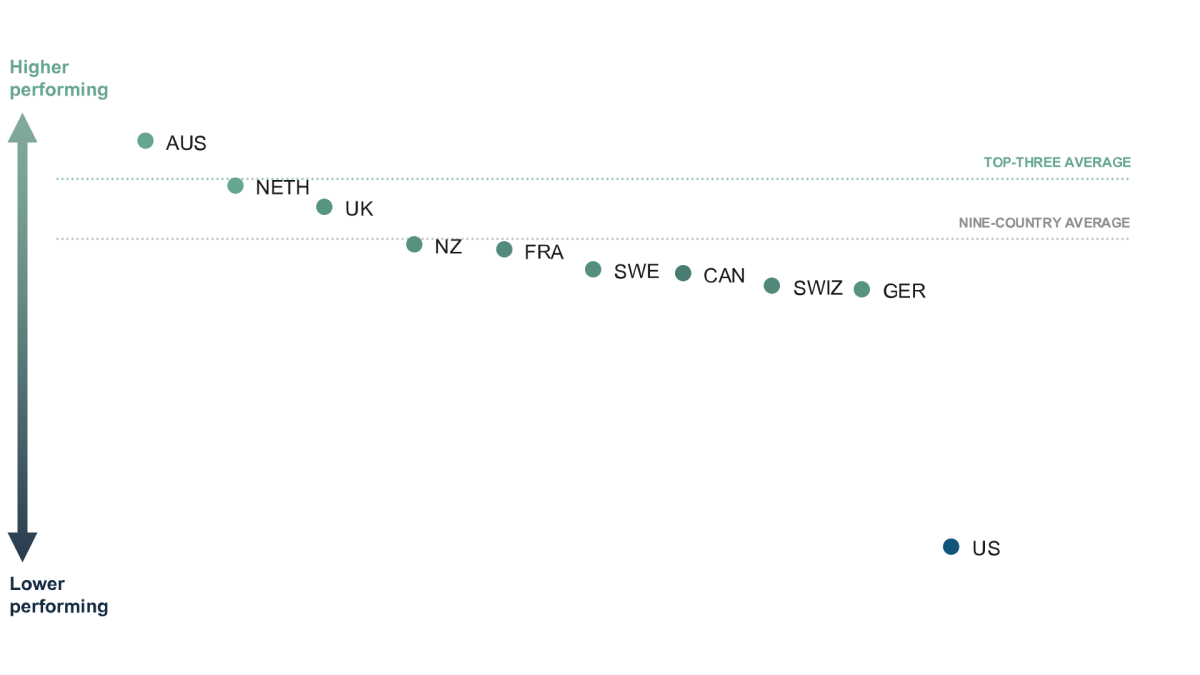British Literature: Why stop with England?
February 8, 2017
British Literature has been a staple of the English curriculum at North Kingstown Senior High School for decades, and although juniors acquire valuable knowledge and a deeper understanding of literary techniques in the required course, it limits their cultural understanding.
From middle school through college, the works of English writers like Shakespeare and Dickens are used to fulfill Common Core ssessments and teach essay writing skills. However, why should we dedicate an academic year of literary instruction to a culture so connected to our own when there is a surplus of diversity to be discovered in the arts of other nations?
In my freshman year English class, taught by Ms. Grinnell, I learned about the elements of drama by reading Shakespeare’s Julius Caesar. Much of the vocabulary used in those lessons, such as ‘aside,’ ‘soliloquy,’ and ‘anastrophe,’ have found their way into my junior year discussions of Macbeth. Likewise, ninth graders often read Great Expectations, which is set in the Victorian Era of England. This year, I look forward to reading more works from the Victorian Era.
It is not that these plays and novels are irrelevant – they clearly expand the historical knowledge of their readers – but they often become over-taught and repetitive through the course of one’s academic career.
After completing the sophomore year English requirement of American Literature and being half-way through British Literature, an overlap of material is evident. Tales passed down through word of mouth and written prior to English expansion, like Beowulf, are blatantly different from anything read in tenth grade. However, many literary aspects of The Crucible, an American play, are easily applicable to British plays written during the Renaissance.
The language of colonial American writing is essentially identical to that of English writing at the same time because many English-speaking immigrants brought the English language with them to the New World. In addition to this, England and America often became allied with each other in major wars, which made their perspectives and experiences fairly similar. Even if students do not read some of the most influential British literary works in high school, they will likely have the opportunity to read and explore these pieces in college. For all of these reasons, British Literature does not increase a student’s cultural understanding.
There are so many cultures and experiences found in the words of literature from all countries, so why should juniors be limited to solely reading literary works from Great Britain? Currently, World History, a mandatory course in the ninth grade curriculum, is the only class at North Kingstown High School that offers cultural descriptions of different nations. Because World History is the only such required course for NKHS students, many students only gain a limited understanding of other cultures during their time at North Kingstown High School.
I believe that British Literature is a worthwhile course that teaches students many valuable skills. However, expanding the course to include English translations of works of literature from around the globe would teach students to consider more than one perspective and to strive for a greater understanding of the world around them. Art and literature are major ways of understanding the culture of a people, and encouraging students to engage in these works will help to increase their worldly knowledge.










